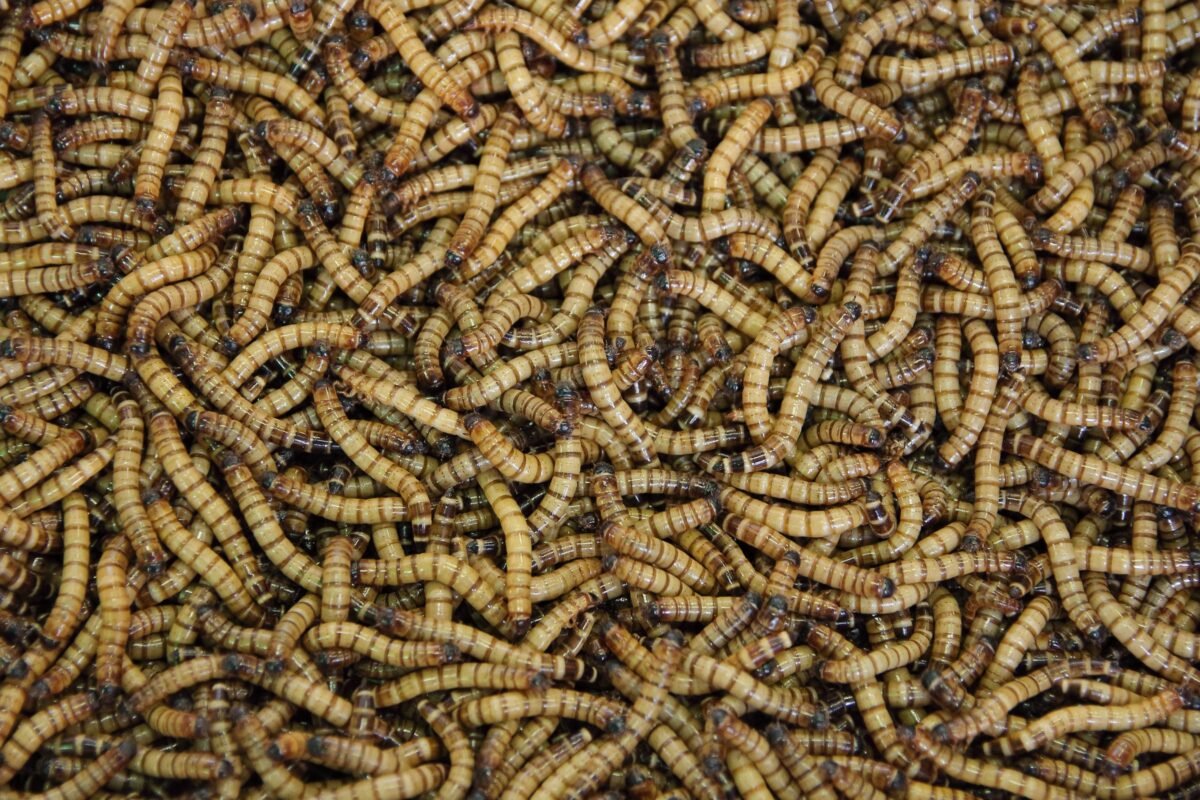The U.S. moved to set up a dispute-settlement panel to review Canada’s dairy quotas, which Washington alleges undermine the ability of American dairy exporters to sell a wide range of products to Canadian consumers.
The U.S. is challenging Canada’s tariff-rate quotas, or TRQs, which apply a preferential duty rate to a certain quantity of imports and a different rate to imports above that quantity. Specifically, the U.S. is questioning the set-aside of a percentage of each dairy quota exclusively for Canadian processors, and the U.S. has requested a panel under the U.S.-Mexico-Canada Agreement to review the measures, the Office of the U.S. Trade Representative said in a statement Tuesday.
“These measures deny the ability of U.S. dairy farmers, workers, and exporters to utilize the TRQs and realize the full benefit of the USMCA,” the USTR said. “Launching the first panel request under the agreement will ensure our dairy industry and its workers can seize new opportunities under the USMCA to market and sell U.S. products to Canadian consumers.”The U.S. dairy industry has long pushed for greater accountability by its northern neighbor, part of the impetus for including dairy policy in the July pact that replaced the North American Free Trade Agreement. Under the USMCA, Canada has the right to maintain 14 TRQs on dairy products including milk, cream, and yogurt.
Canadian Trade Minister Mary Ng said the nation is “disappointed” with the U.S.’s request for a dispute panel.
“Under CUSMA, Canada agreed to provide some additional market access to the United States for dairy while successfully defending our supply management system and dairy industry,” she said in a statement, using Canada’s acronym for the trade pact. “We are confident that our policies are in full compliance with our CUSMA TRQ obligations, and we will vigorously defend our position during the dispute-settlement process.”
Canada’s dairy industry said its quotas are in line with the trade agreement, and the government has a solid case to present to the panel, said Pierre Lampron, president of Dairy Farmers of Canada.
The Dairy Processors Association of Canada is confident its policies are in full compliance with its obligations, and it’s ready to support the Canadian government defending its position, it said in an email.
The U.S. first challenged the quota in December. Washington held consultations with Ottawa but the parties weren’t able to resolve their concerns through that approach, a USTR official said during a call with reporters. A panel-selection process will take about a month, and a report should be ready later this year, the USTR said.The U.S. Commerce Department’s International Trade Commission has done an initial analysis on the cost of the TRQs to the U.S. dairy industry, but the USTR didn’t disclose the figure, saying this will be under discussion during the implementation phases of arbitration, should the U.S. be successful.
The agreement does provide for the possibility tariffs as a form of retaliation, but “we’re a long way from that process,” the USTR official said.
Last week, the U.S. Commerce Department issued new preliminary rulings on antidumping tariffs on Canadian softwood lumber imports that would double the current duties if implemented.
Canadian Prime Minister Justin Trudeau was asked about these trade tensions in lumber and dairy earlier Tuesday at a press conference in Ottawa.
“We will always stand up for our forestry workers and the industry across the country. We will continue — as we did successfully in the previous administration — to stand up to defend Canadian interests and values wherever necessary and that will continue,” Trudeau said.




